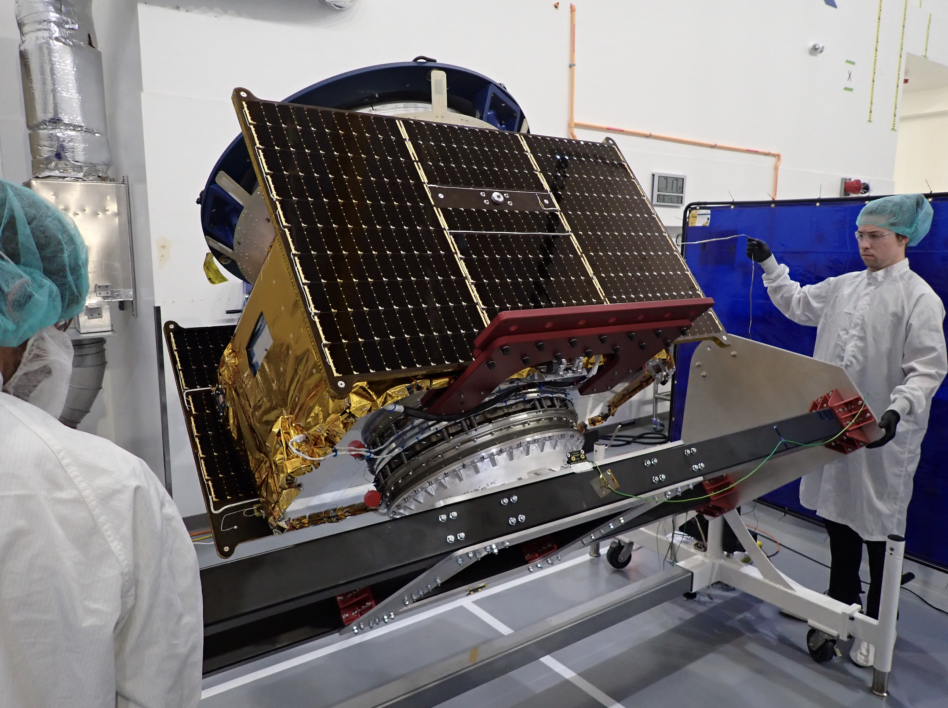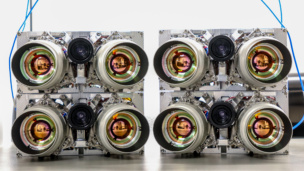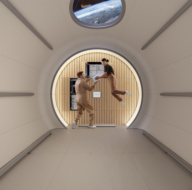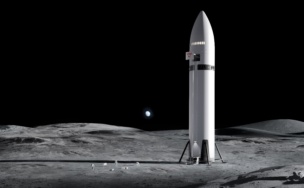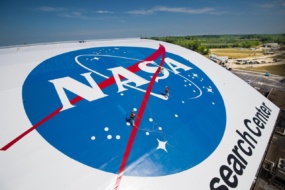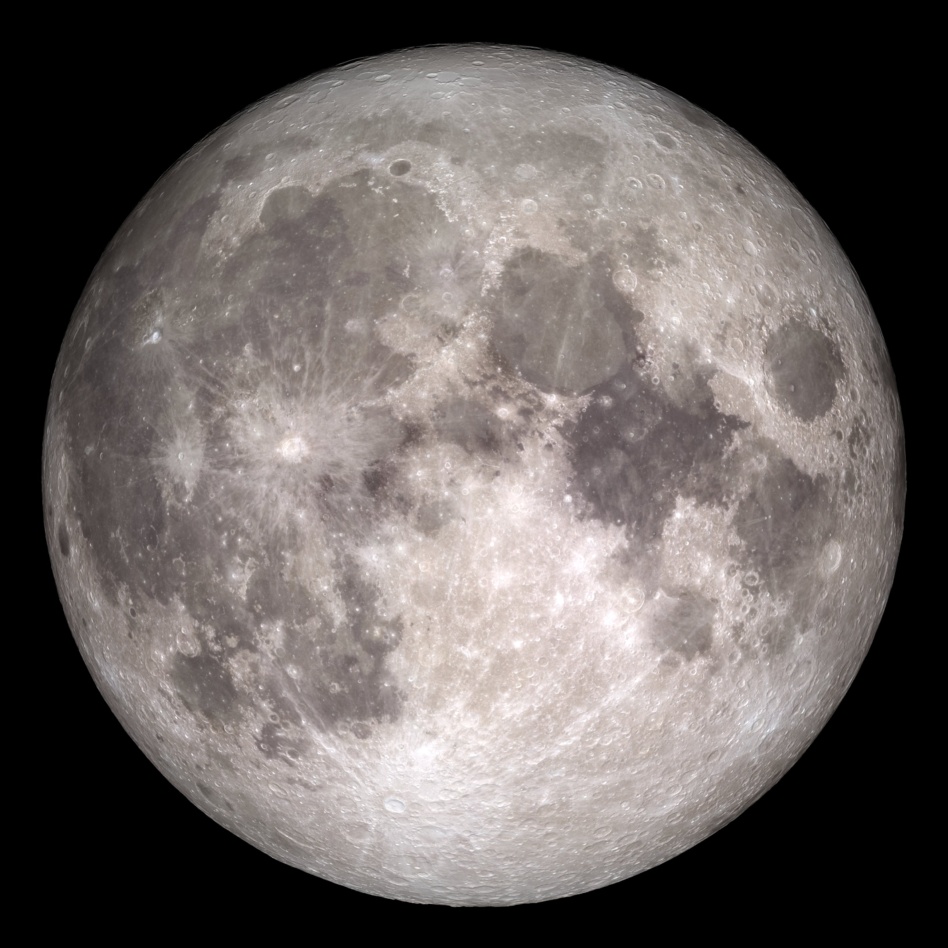Varda’s in-space manufacturing capsule is cleared for reentry after months of regulatory back and forth.
The FAA’s Office of Commercial Space Transportation finally gave Varda the go-ahead to bring its capsule down from orbit on Feb. 21 and land at the Utah Test and Training Range (UTTR), the startup announced Wednesday.
The FAA denied Varda’s reentry request in September, citing a lack of compliance with regulatory requirements.
“This is the first time in our nation’s history that the FAA has granted a Part 450 re-entry license and licensed a commercial entity to land a spacecraft on US soil,” Varda said in a statement. “We are incredibly proud to have this opportunity with our government partners and appreciate their dedication to safe innovation in the United States.”
Orbiting facility: The El Segundo, CA-based startup launched its first manufacturing capsule on Transporter-8 in June. Once in orbit, the mini pharmaceutical factory began manufacturing crystals of ritonavir—an HIV drug—in the microgravity environment.
Now it is looking to bring the precious cargo home.
- Upon reentry, the ~200 lb Varda capsule will bid adieu to its ride—a Rocket Lab Photon spacecraft—before returning to Earth.
- The Photon spacecraft will burn up on reentry, while the capsule will employ a heat shield and parachute to manage the descent.
Aussies assist: Varda announced in October that it will land the capsule from its second mission, which could come as soon as this year, in Australia’s Koonibba Test Range. The company has long-term ambitions to manufacture a host of products that can be fabricated more efficiently in space—such as pharmaceuticals, biomaterials, and fiber optic cables.
